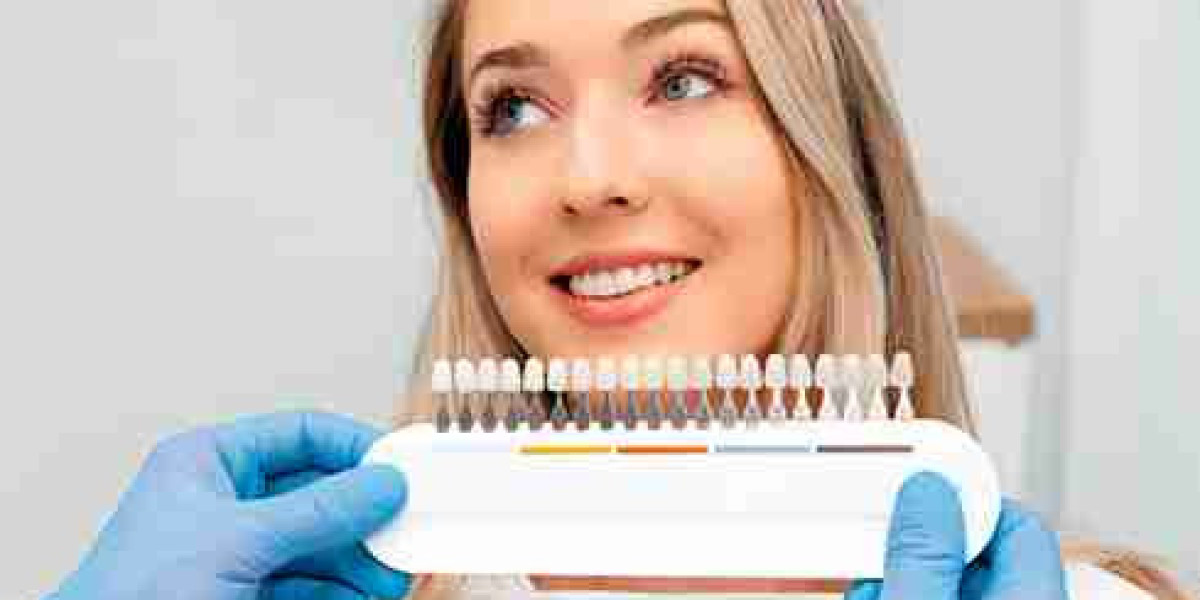Our diet plays a crucial role in the health of our teeth and gums, influencing everything from cavity risk to gum disease. The foods and drinks we consume daily can either protect or damage our oral health. This guide will discuss how diet impacts dental wellbeing, highlighting key nutrients, harmful foods, and practical tips to keep your smile in top shape.
How Diet Influences Dental Health
Nutrition affects oral health at multiple levels. Teeth rely on certain vitamins and minerals to stay strong, while the bacteria in your mouth respond to what you eat, sometimes producing acids that damage enamel.
Key Nutrients for Healthy Teeth and Gums
- Calcium and Phosphorus: These minerals are vital for building and maintaining strong tooth enamel and the underlying bone structure. Dairy products, leafy greens, and nuts are excellent sources. Adequate intake supports the durability and health of your teeth over time.
- Vitamin C: Vitamin C plays a key role in gum health by promoting collagen production, essential for maintaining gum tissue strength. It also supports the immune system, helping to fight off infections. You can find it in citrus fruits, strawberries, and peppers.
- Vitamin D: Vitamin D enhances calcium absorption, which is crucial for keeping teeth and bones strong. It is naturally found in fatty fish and is often added to fortified foods. Without enough vitamin D, calcium cannot be utilised effectively by the body.
- Fluoride: Fluoride helps to rebuild weakened enamel and protects teeth against decay by making them more resistant to acid attacks. It is commonly found in some public water supplies and dental care products like toothpaste and mouth rinses. Regular fluoride exposure supports long-term dental health.

Foods That Benefit Your Teeth
Including the right foods in your diet can help maintain dental health and reduce the need for interventions such as dental implants Southbourne or invisalign Southbourne treatments.
Protective Foods Include:
- Dairy products: Cheese, milk, and yoghurt help neutralise acids in the mouth, reducing the risk of enamel erosion. They are also rich in calcium and phosphate, which strengthen tooth enamel and support overall dental health. Including these in your diet can provide a natural protective effect.
- Crunchy vegetables and fruits: Foods like apples, carrots, and celery encourage saliva production, which helps wash away food particles and acids. Their firm texture also acts as a natural toothbrush, gently scrubbing the teeth and promoting cleaner surfaces. These snacks are a great way to support oral hygiene between meals.
- Water: Drinking plenty of water keeps your mouth hydrated and ensures saliva production remains optimal. Saliva is vital as it neutralises harmful acids and helps repair early tooth damage. Staying hydrated is a simple yet effective step in protecting your dental health.
Foods That Can Harm Your Teeth
Certain foods and drinks increase the risk of enamel erosion, cavities, and gum disease. Regular consumption can lead to more complex dental issues that may require dental implants Southbourne or orthodontic care like invisalign Southbourne.
Common Culprits:
- Sugary snacks and drinks: Sugar feeds harmful bacteria that produce acid, attacking enamel. Sugary treats provide fuel for bacteria in your mouth, which produce acids as a byproduct. These acids gradually wear away tooth enamel, increasing the risk of cavities and decay. Regular consumption of sugary snacks and drinks can seriously compromise your dental health if not managed properly.
- Acidic foods and beverages: Citrus fruits, vinegar, and fizzy drinks can erode enamel over time. Citrus fruits, vinegar, and fizzy drinks contain natural and added acids that can erode the protective enamel layer on teeth. Over time, this erosion makes teeth more sensitive and prone to damage. Being mindful of how often you consume acidic items helps protect your enamel.
- Sticky foods: Sweets that cling to teeth prolong acid exposure. Sticky sweets tend to cling to teeth surfaces longer than other foods, keeping acids in contact with enamel for extended periods. This prolonged acid exposure increases the chance of enamel breakdown and tooth decay. Brushing and flossing after eating sticky foods is essential to minimise harm.
Practical Tips for a Tooth-Friendly Diet
Implementing simple dietary habits can protect your smile and support overall oral health.
Tips to Keep in Mind:
- Limit sugary and acidic foods to meal times only: Consuming sugary and acidic foods only during meals reduces the frequency of acid attacks on your teeth. This gives your saliva a chance to neutralise acids and repair enamel between eating sessions, lowering the risk of decay and erosion.
- Include a variety of nutrient-rich foods to supply essential vitamins and minerals: A balanced diet with diverse nutrient sources ensures your teeth and gums receive the vitamins and minerals they need to stay strong and healthy. Eating a range of fruits, vegetables, dairy, and proteins supports overall oral health.
- Drink plenty of water, especially after meals, to rinse away food particles and acids: Drinking water after eating helps wash away leftover food debris and acids that can harm your teeth. It also keeps your mouth hydrated, encouraging saliva production, which naturally protects against tooth decay.
- Consider sugar-free chewing gum to boost saliva production: Chewing sugar-free gum stimulates saliva flow, which is your mouth’s natural defence against acids. More saliva means better neutralisation of harmful acids and quicker repair of enamel, reducing the chance of cavities.
The Impact of Diet on Dental Treatments
For anyone considering dental implants Southbourne or Invisalign Southbourne, maintaining a nutritious diet is vital. Proper nutrition supports the body’s natural healing processes after these treatments, helping gums and bone recover more quickly and effectively. A balanced diet rich in vitamins and minerals, particularly calcium and vitamin C, strengthens the tissues around implants and supports oral health overall. Additionally, good eating habits help preserve the results of Invisalign Southbourne by promoting healthy gums and teeth throughout the orthodontic process. Ultimately, combining professional dental care with mindful nutrition ensures longer-lasting, successful treatment outcomes.
Summary Table: Foods That Help vs. Harm Teeth
Foods That Help Teeth | Foods That Harm Teeth |
Cheese and dairy | Sugary sweets and sodas |
Crunchy vegetables and fruits | Acidic fruits and vinegar |
Water and sugar-free gum | Sticky candies |
Nuts and seeds | Frequent snacking on sugary foods |
Conclusion
Taking care of your diet is a powerful way to support your dental health and reduce the need for treatments like dental implants Southbourne and invisalign Southbourne. Choosing nutrient-rich foods while limiting sugar and acid intake helps maintain strong teeth and healthy gums. For tailored advice and professional care, Smilo Dental Implants Group offers expert guidance to support your journey towards a confident smile.







